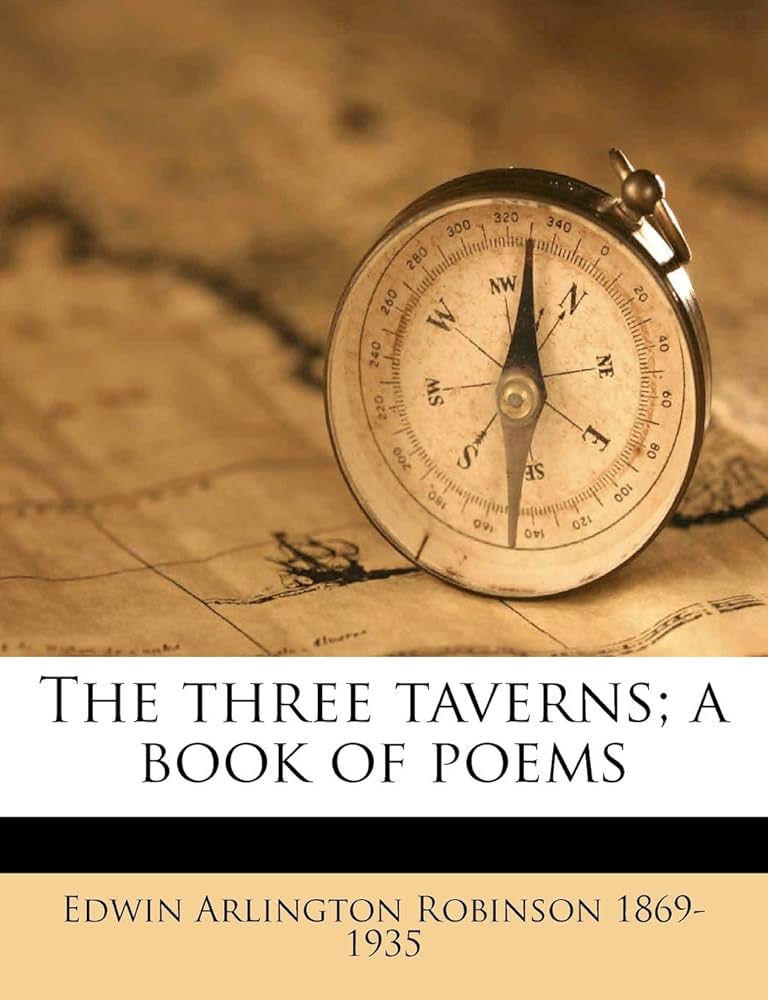Tasker Norcross
byTasker Norcross offers not just a glimpse into one man’s reclusive life but a broader commentary on emotional detachment and the silent tragedies that unfold behind closed doors. Norcross stands apart from his community, not through scandal or acclaim, but by the sheer peculiarity of his existence. His presence had always unsettled the usual order, as though he neither fit in nor chose to stand out. With his passing, the town seems to recalibrate, reducing its view of humanity to two simple types again—those familiar, and those forever inexplicable. Ferguson, observing from the side, understands this shift, yet treats it not with sentimentality but with a measured detachment of his own. Through this lens, Norcross becomes less of a man and more of a figure symbolic of disconnection—a life marked by neither joy nor pain but by the void in between. He had lived surrounded by people yet untouched by them.
As Ferguson recounts his impressions, Norcross’s home becomes a visual metaphor for his character. Isolated, aged, and surrounded by trees that obscure rather than decorate, the house mirrors the man’s withdrawal from the world. He lived not in poverty but in a kind of spiritual starvation. His possessions were ample, but their utility ended at ownership. Ferguson notes that wealth, in Norcross’s hands, did not translate into generosity or even vanity. It became weight, not wind. Art, music, companionship—those things that color a life—never reached him. Instead, he passed his days knowing things but never feeling them. The tragedy wasn’t ignorance; it was the awareness of beauty without access to its meaning. One can know that music exists, Ferguson suggests, and still remain deaf to it.
What makes Norcross’s story so haunting isn’t what happened to him but what never did. He was not hated, not pitied, just largely avoided. People spoke of him like weather—there, constant, but not something you confront. There’s a bleak comfort in this invisibility, as it offers shelter from criticism while ensuring no warmth of inclusion. Ferguson’s insights are not laced with scorn but with something gentler—perhaps pity, perhaps curiosity, never quite affection. In recounting Norcross’s life, Ferguson seems to reckon with his own place in the social fabric. If Norcross was an outlier, what stops anyone from becoming one? Where, truly, is the line between eccentricity and exile?
Robinson, through Ferguson’s reflections, invites readers to think about the thresholds that define belonging. Norcross, for all his material sufficiency, lacked the one essential connection that animates a soul—witness. He was seen but not understood, present but not felt. This existence is likened to a mirror that reflects but does not retain light. His actions left no imprint, and his death, while acknowledged, doesn’t ripple deeply into those around him. Instead, his memory settles like dust—noticeable but undisturbed. It’s this subtle melancholy that deepens the poem’s resonance, leaving behind not just a character sketch but a meditation on what it means to be truly alive.
Ferguson’s closing thoughts do not romanticize Norcross’s oddity. He suggests, quite plainly, that to live without communion is worse than not living at all. There’s no tragedy in Norcross being misunderstood; the real sorrow lies in his lack of effort to be known. Robinson sharpens this point by contrasting Norcross’s potential with his outcome. His intelligence, his resources, even his presence—all tools for connection—were never put to use. And in that unused life, Robinson paints a cautionary tale not of villainy or failure but of vacancy. A life can be full of facts, possessions, and time, yet still be hollow.
What we learn from Norcross is not how to live, but how easy it is not to. The world he inhabited was the same one filled with music, friendship, and nature’s wonders, but to him, it all passed like shadow. His eyes may have opened each morning, but his spirit stayed dormant, untouched by sunrise or conversation. Such stillness, in a world as noisy and interconnected as ours, feels unnatural—but it also feels hauntingly possible. Robinson reminds us that disconnection is not always loud. Sometimes, it is quiet, measured, and self-sustained.
In the end, Tasker Norcross is less a biography and more an elegy for potential unfulfilled. Readers are left to question their own emotional landscapes. Are we like Norcross in some way—afraid to reach out, comfortable in distance? Or are we like Ferguson—curious observers, left to make meaning from fragments of lives we never quite entered? Robinson doesn’t answer. Instead, he leaves us with a simple truth: a life unshared is a life unformed.

